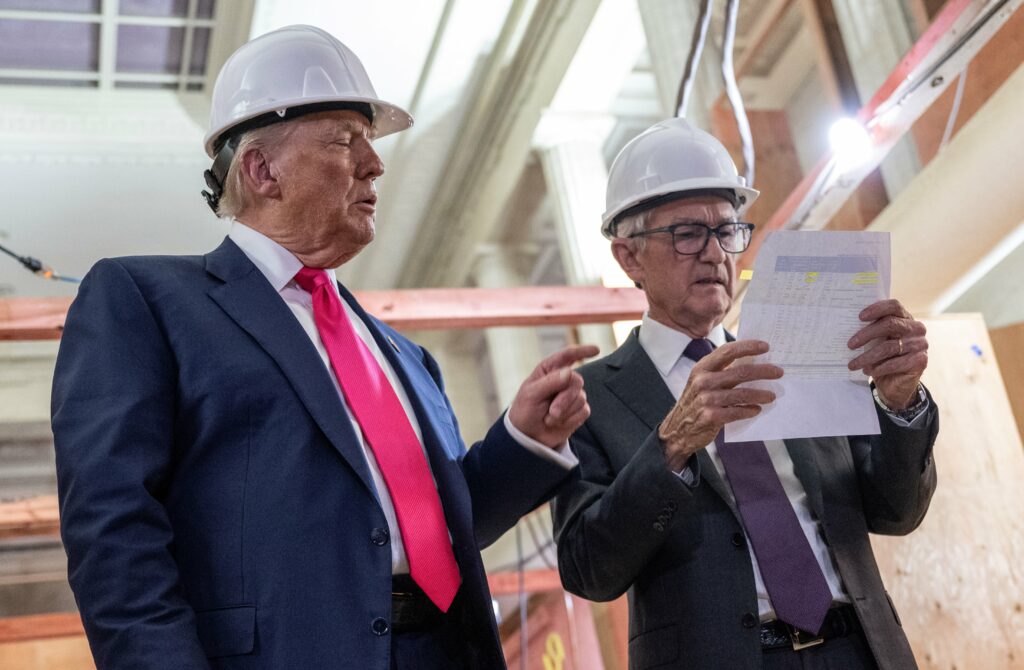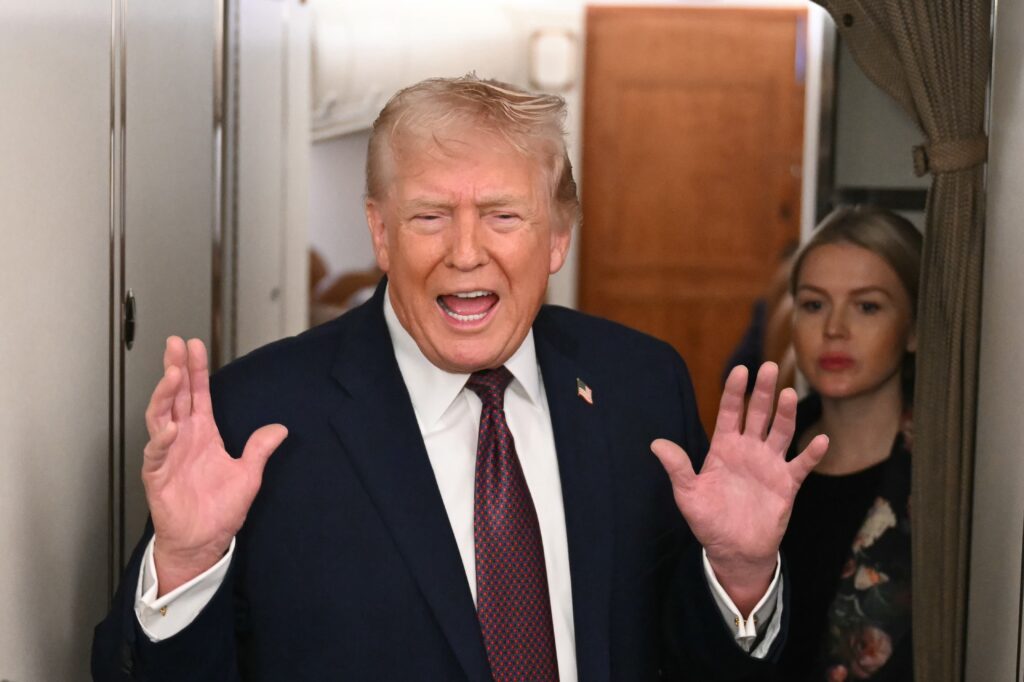“One Battle After Another” reigned supreme at the Golden Globes on Sunday, winning best comedy, while “Hamnet” sprung a surprise by taking best drama film at the splashy Hollywood ceremony.Paul Thomas Anderson’s screwball thriller “One Battle,” which centers on an aging revolutionary played by Leonardo DiCaprio, led the night by winning four of its nine nominations.It also collected awards for best director, best screenplay and best supporting actress for Teyana Taylor at the lavish Globes gala, which is a key stepping stone on the road to the Oscars in March.”You guys are being so generous with this affection for me and this film — and I’ll take it,” beamed Anderson.His film — a rollicking ride featuring violent leftist radicals, immigration raids and white supremacists — has connected with audiences and critics at a time when the United States is deeply polarized.But in the closely watched lead actor category, DiCaprio was passed over in favor of Timothee Chalamet’s performance as an ambitious 1950s table tennis player in “Marty Supreme.””I’m in a category with many greats — this category is stacked. I look up to all of you,” said Chalamet, who also bested George Clooney (“Jay Kelly”) and Ethan Hawke (“Blue Moon”).Chalamet said his four previous Globes losses “make this moment that much sweeter” before thanking his girlfriend Kylie Jenner.- ‘Hamnet’ upset -The Globes offer separate awards for dramas and comedies/musicals — widening the field of stars in attendance.The night’s final award was its biggest surprise. “Hamnet,” a tragic literary adaptation that imagines the life of William Shakespeare and his wife as they cope with the death of their son, took best drama.”Sinners,” Ryan Coogler’s period horror film about the segregated South of the 1930s, had been expected to prevail.”I loved the book, but I felt there was really only one filmmaker on the face of the planet who could tell the story,” said Steven Spielberg, a producer on the movie, before handing the microphone to director Chloe Zhao.Zhao, the Chinese-born director of best picture Oscar winner “Nomadland,” dedicated the award to “Hamnet” cast and crew members who “lost their loved ones while we were making this film.”She also pointedly thanked Coogler, who honed his trade together with Zhao at the Sundance film labs set up by the late Robert Redford.Jessie Buckley, playing Shakespeare’s grief-stricken wife Agnes, won best drama actress honors.”Sinners,” which surprised moviegoers with its eclectic mix of vampires, politics, race relations and blues music, had to settle for best score, and the Globes’ recent — and vaguely defined — “best cinematic and box office achievement” award.”Sentimental Value,” a Norwegian family dramedy, took best supporting actor for Stellan Skarsgard.Rose Byrne won for best comedy actress for “If I Had Legs I’d Kick You.” Netflix’s musical mega-hit “KPop Demon Hunters” won best song and best animated film.The Globes also honor the best in television. Searing teen murder saga “Adolescence” topped the section with four wins, while “The Pitt” won best drama and “The Studio” took the best comedy prize.- ‘BE GOOD’ -Brazilian thriller “The Secret Agent,” set during the country’s military dictatorship in the 1970s, won best non-English language film, and best actor for Wagner Moura.Its director Kleber Mendonca Filho tried to make a political point, but was played off the stage by music.”This is a very important moment in time and history to be making films — here in the US, in Brazil,” he began.”America’s young filmmakers — make films.”Several celebrities including Mark Ruffalo, Natasha Lyonne and Wanda Sykes walked the red carpet sporting pins with the message “BE GOOD.”The badges are part of a tribute to Renee Good, the US woman whose fatal shooting by a federal agent has sparked renewed protests against President Donald Trump’s immigration crackdown.”Let’s do the right thing,” said Jean Smart, after winning best comedy series actress for “Hacks.” She also was wearing a pin.





